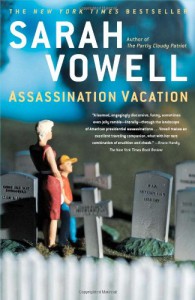
Disclaimer: this review is not authorized by Will Ellsworth-Jones, his agent, or his publisher (St. Martin’s Press). It is also not authorized by Banksy or Pictures on Walls, and has not been authenticated by Pest Control.
Seems like a lot of legalese to go through just to post a review, doesn’t it? The hoops one must go through to sell the wall Banksy painted for you when you were both up-and-coming street vandals is similarly rife with legal complications. Has it been authenticated by Pest Control? If not, many buyers won’t go near it. Did Banksy want it to be sold? If not Pest Control won’t authenticate it. There are so many complicated issues involved in buying, selling, and showing Banksy’s work. Will Ellsworth-Jones does a marvelous job of outlining these issues. He points out how almost ludicrous it is that Banksy’s ‘outsider art’ is shown at the Tate and brings in tens, if not hundreds, of dollars. Yet the author does so without being at all anti-Banksy.
Banksy (whose identity is a closely guarded secret) started doing graffiti in Bristol in the 1980s. He has since become known as a stencil artist, has started making prints of his work, and makes a fair bit of money. [b:Banksy: The Man Behind the Wall|15793236|Banksy The Man Behind the Wall|Will Ellsworth-Jones|http://d.gr-assets.com/books/1357999948s/15793236.jpg|21515200] is not, though, an art book. There are a few photos, but they are very few. The book is about Banksy, his rise to fame, and how he straddles the worlds of outsider art and posh art galleries. It’s a delicate balance and many question whether Banksy is, or should be, straddling those two worlds successfully.
Banksy is currently an entire business machine. He has a business (Pictures on Walls), a manager/PR organization/authentication service (Pest Control), he puts on huge exhibits, and he makes a lot of money. What he doesn’t do, though, is make endorsements or design for corporations. Does this make him less of a sell-out, or does that fact that he has a business machine behind him guarantee that he’s a no longer an outsider? Ellsworth-Jones says of Banksy’s team,
”The more I examined this team, not just the team that is ready when he needs help with a big project, but also the more permanent team protecting his reputation, his commercial rights, his prices, the more it became clear that he functions in much the same way as any commercially successful artist would – albeit outside the traditional gallery system. And it is perhaps this fact, the fact that in many ways the outsider is now an insider, rather than any real worry about his identity, that this team – which makes very few mistakes – is so determined to hide.” Even Banksy himself struggles with this issue. In an interview from Time Out magazine, he said,
“I wouldn’t want to be remembered as the guy who contaminated a perfectly legitimate form of protest art with money and celebrities. I do sometimes question whether I’m part of the solution or part of the problem…There’s obviously nothing wrong with selling your art – only an idiot with a trust fund would tell you otherwise, But it’s confusing to know how far you should take it.”This selling-out issue gives Ellsworth-Jones plenty of fodder. He could have written an entire diatribe just around this issue. And people have. But he goes beyond that to give a balanced and nuanced portrait of Banksy, his work, and his genre. He certainly demonstrates an appreciation for Banksy’s art. He writes,
“the images…make us admire him, make us laugh and make us think, not so much about what the painting means but about the subjects he as taken on.” For Banksy’s work is, indeed, protest art. It’s meaningful yet accessible (and as with poetry, there a great deal of heated discussion in the art world about “accessible” art). Kate Brindley, formerly of the Bristol City Museum and Art Gallery, says of his work, it’s
“…smart, it’s intentioned. It’s political, it’s humorous. It’s current. It’s site specific. It’s universal. He thinks very carefully about it but there is also a lightness and playfulness which I really enjoy about it.”These descriptions make me interested in Banksy’s work, but Ellsworth-Jones’ book succeeds in making me interested in the entire field of graffiti/protest art. Well done.
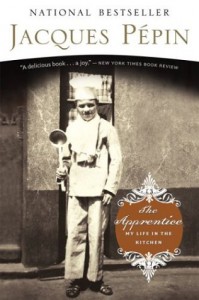 I read this pretty much in one evening - it successfully drew me away from other things I needed to do.
I read this pretty much in one evening - it successfully drew me away from other things I needed to do. 


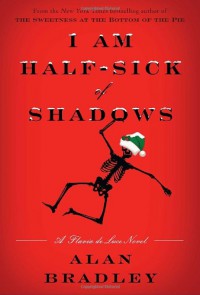
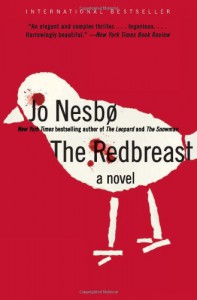
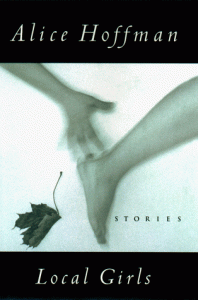
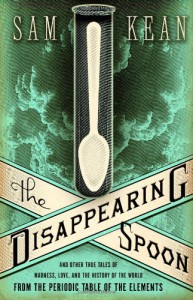

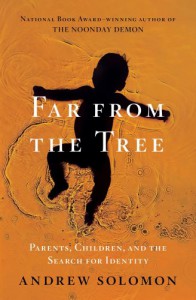


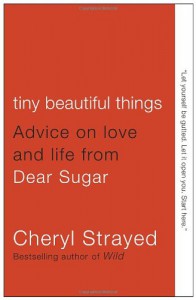

 1
1

